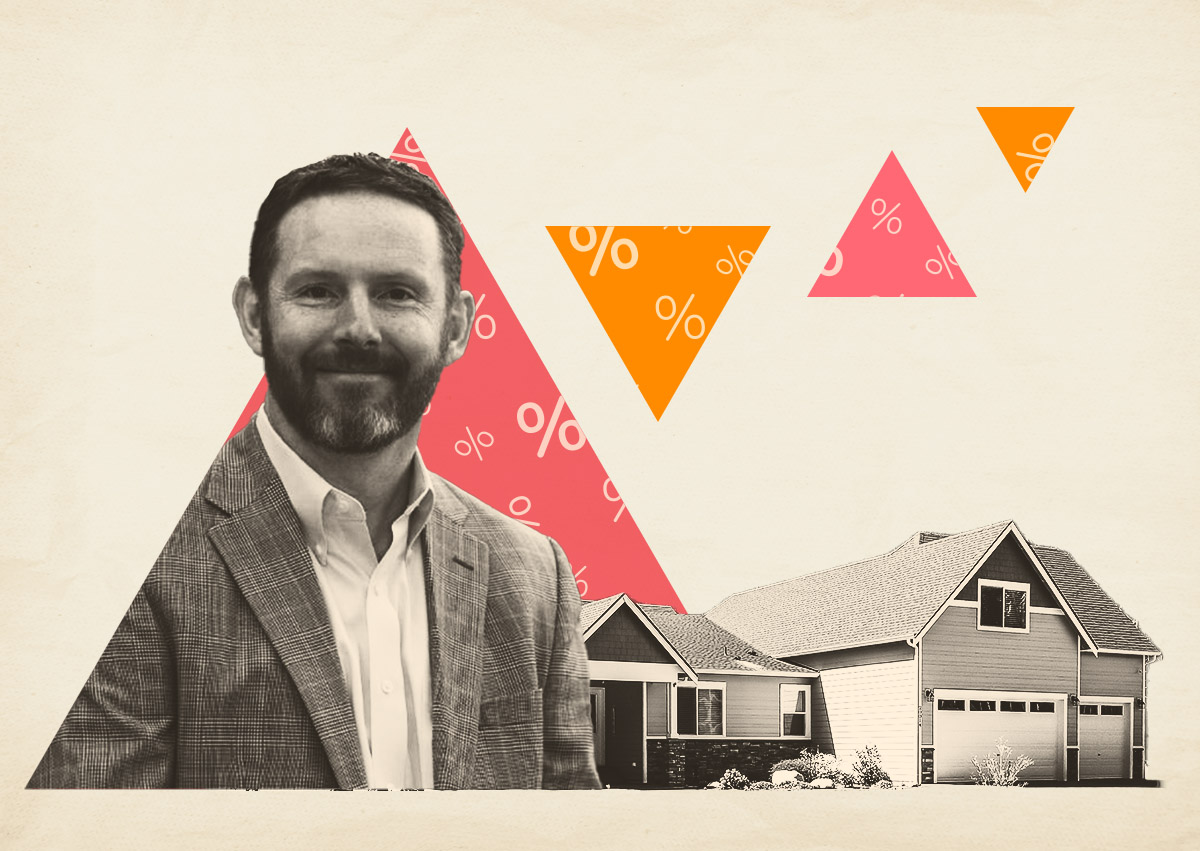A new startup is promising customers a shot at reduced mortgage rates and monthly interest payments by navigating the notoriously challenging assumable loan environment.
Roam launched this week with the backing of venture capital firm Founders Fund and Opendoor co-founder Eric Wu, investors that provided the startup with $1.25 million in seed funding, the Wall Street Journal reported. The company is being led by Raunaq Singh, himself a former Opendoor employee.
Roam is banking on assumable loans, which have grown increasingly attractive in the residential market since mortgage rates spiked shot up. An assumable loan is one sellers can transfer to buyers of a home. That means a buyer might be able to claim one of those 3-percent loans that were juicing the housing market during the early stages of the pandemic.
The benefit to sellers is the ability to charge a higher price for their home.
The startup will initially seek and advertise listings in five states, including Florida and Texas. Roam will facilitate the transfer of the mortgage by working with the seller’s mortgage company on behalf of both sides of a transaction. It will collect a fee from the buyer equal to 1 percent of the purchase price.
It plans to recommend lenders who can provide additional financing. The startup launched with only 10 employees.
Assumable mortgages aren’t a particularly popular product and they need to be designated as such from the start. About 22 percent of active mortgages are part of government programs with assumable features, according to Black Knight. The Federal Housing Administration has processed 3,300 this fiscal year, which ends this month.
Roam asserts that assumable mortgages, including FHA and VA loans, constitute approximately 30 percent of all U.S. mortgages, totaling around 4 million loans and $1.4 trillion in loan value.
Read more



While it may be enticing for a buyer to grab a mortgage rate roughly half of what the average is today, sellers still face the prospect of giving up that rate for something higher, an issue plaguing the housing market overall.
Additionally, the incentive for lenders to process assumptions is minimal, as they don’t make as much money as they do on originations while still having to do plenty of work. That’s often not enough to cover the cost of the assumption processing, Ted Tozer of the Urban Institute’s Housing Finance Policy Center told the Journal.
— Holden Walter-Warner
